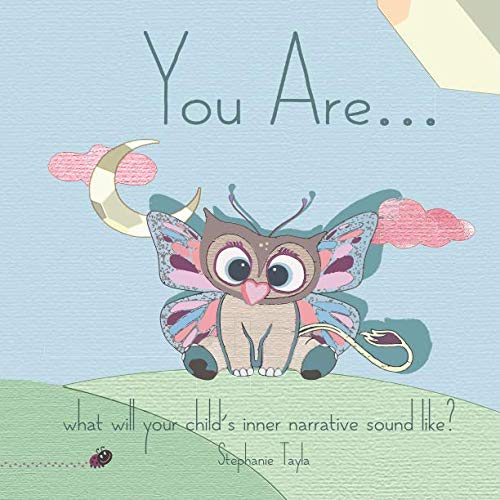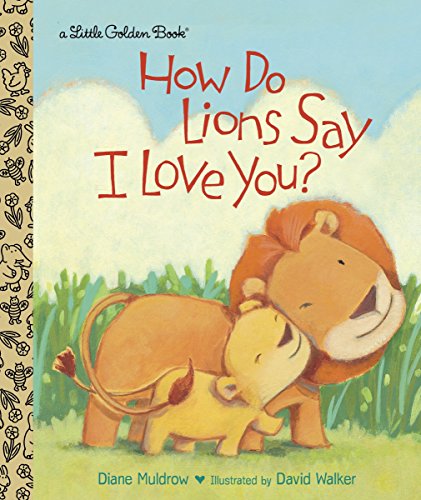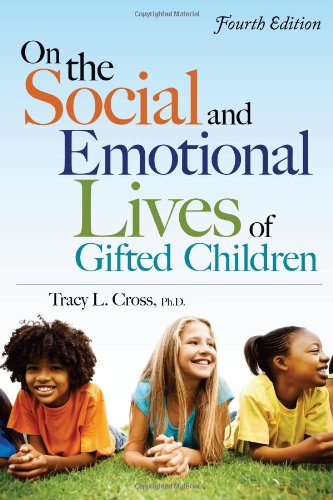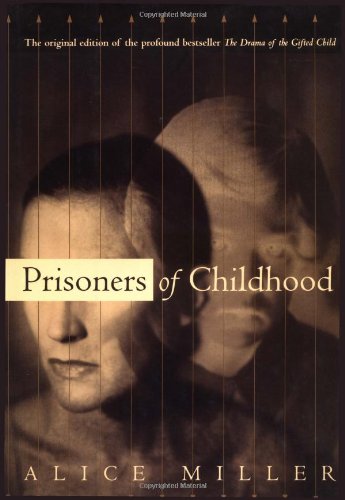Prisoners Of Childhood: The Drama of the Gifted Child and the Search for the True Self
The drama” of the giftedi.e., sensitive, alertchild consists of his recognition at a very early age of his parents’ needs and of his adaptation to those needs. In the process, he learns to repress rather than to acknowledge his own intense feelings because they are unacceptable to his parents. Although it will not always be
The drama” of the giftedi.e., sensitive, alertchild consists of his recognition at a very early age of his parents’ needs and of his adaptation to those needs. In the process, he learns to repress rather than to acknowledge his own intense feelings because they are unacceptable to his parents. Although it will not always be possible to avoid these ugly” feelings (anger, indignation, despair, jealousy, fear) in the future, they will split off, and the most vital part of the true self” (a key phrase in Alice Miller’s works) will not be integrated into the personality. This leads to emotional insecurity and loss of self, which are revealed in depression or concealed behind a facade of grandiosity.Alice Miller defines the ideal state of genuine vitality, of free access to the true self and to authentic individual feelings that have their roots in childhood, as healthy narcissism.” Narcissistic disturbances, on the other hand, represent for her solitary confinement of the true self within the prison of the false self. This is regarded less as an illness than as a tragedy.The examples Alice Miller presents make us aware of the child’s unarticulated suffering and of the tragedy of parents who are unavailable to their childrenthe same parents who, when they were children, were available to fill their parents’ needs. In her psychoanalytical work, Dr. Miller found that her patients’ ability to experience authentic feelings, especially feelings of sadness, had been for the most part destroyed; it was her task to help her patients try to regain that long-lost capacity for genuine feelings that is the source of natural vitality. Many people who have read her books have discovered within themselves for the first time in their lives the little child they once were. This may explain the unusually strong and deep reactions Alice Miller’s books have evoked in so many readers from different countries. The Drama of the Gifted Child and the Search for the True Self is the original title of the book, which was published in Germany.







Remember to apply it to yourself first Sometimes skeptical about these book but the first essay in the book was really good. It really helps to see things. Just realize you shouldn’t use as a way to point out everyone else’s flaws; there might be a few things or many things that apply to you in the book. There are many other theories that are really focused on confirming bias but this book seems to help you understand what is going on if you stop buasing yourself and listen. I still have half to read but the only thing I haven’t…
Thank you Alice Miller This book is one of the most insightful books I have ever read. Alice Miller is a brilliant writer who somehow manages to provide, in a short succint little book, vital and important information to unlocking the mysteries of our childhoods. As children, we idealistically assume that our parents have nothing but our best interests at heart. Then, in retrospect, after we have suffer failed relationships,divorces, abortions, or our traumas, we enter psychotherapy only to realize that we were…
Granting children the space to grow and develop “Prisoners of Childhood” is a compelling psychoanalytical exploration of the causes and affects of lost childhood. When Miller refers to the “gifted” child, she means the sensitive, aware and impressionable child who, because of the unconscious projections of the parent on the child, the child, in the process of their early development, splits from their true self, denies their true instinctual feelings, in order to live up to the behavioural structures imposed by the parent. Miller…